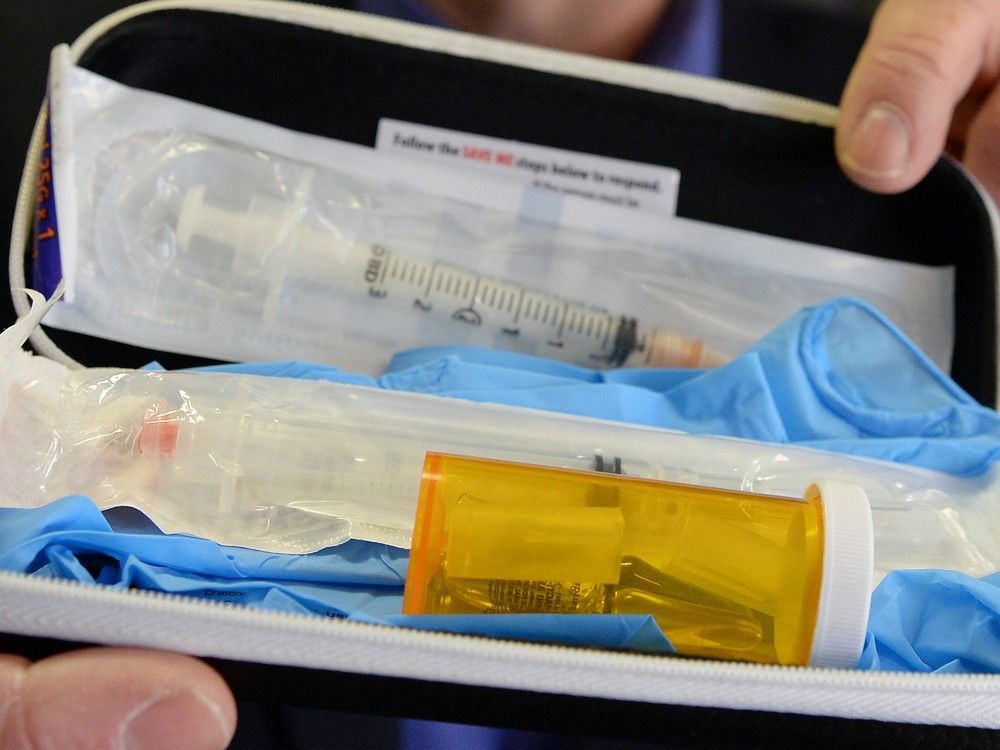
South Carolina residents could be stripped of the ability to use Medicaid at Planned Parenthood or other reproductive health care centers if the Supreme Court rules in favor of the state after hearing arguments in a case April 2. Planned Parenthood South Atlantic is preparing for oral arguments inside the U.S.
Supreme Court in Washington, D.C., that could have far-reaching implications for reproductive rights, its lawyers and doctors say.

If the Supreme Court rules in favor of the state, doors to Planned Parenthood centers will remain open, but patients will be harmed, they contend. "Women, especially women of color, will be most impacted by the outcome of this case and stand to lose access to affordable reproductive health care from the provider they already know and trust," Dr. Katherine Farris, a family physician and chief medical officer of Planned Parenthood South Atlantic, said in an online press conference about the case March 28.
Medina vs. Planned Parenthood South Atlantic dates to 2018 when Gov. Henry McMaster moved to cut off funding to Planned Parenthood to "terminate abortion clinics as Medicaid providers.
" Republicans in the state have long claimed that funding for Medicaid is going toward abortions at Planned Parenthood centers. But Planned Parenthood has said that's not the case, citing state and federal laws that prohibit Medicaid funds from being used for the procedure. The S.
C. Department of Health and Human Services sent a letter terminating Planned Parenthood from the state's Medicaid program July 13, 2018 , after McMaster moved to cut funding. PPSAT and a patient filed a lawsuit, and a federal court permanently blocked the order from taking effect.
Since then, a lower court in the Fourth Circuit has heard the case on whether Medicaid patients can sue over their right to choose their own qualified provider three times and ruled in favor of PPSAT every time. Catherine Humphreville, senior staff attorney with PPSAT, said the U.S.
Supreme Court has heard similar cases to Medina. One of them, Indiana v. Talevski , was a decision that gave patients the right to sue in the nursing home provisions of the Medicaid Act.
The outcome for Medina should be similar to Talevski, Humphreville said at the virtual press conference. South Carolina's legal representatives disagree. “Taxpayer dollars should never be used to fund facilities that profit off abortion,” said John Bursch , an attorney with the group Alliance Defending Freedom, and who is representing the state.
“State officials should be free to determine that Planned Parenthood and other entities that peddle abortion aren’t qualified to receive taxpayer funding through Medicaid." The hearing will be the latest abortion-related case in the U.S.
Supreme Court since the justices overturned Roe v. Wade in 2022. It also comes as critics of the wave to clamp down on abortion rights partially see it as a minority imposing their will.
"Lawmakers want to impose their own beliefs on everyone else. This is happening because government officials like Gov. McMaster in South Carolina are using Medicaid to push their own political agenda," Alexis McGill Johnson, president and CEO of Planned Parenthood Federation of America said at the press conference.
Medicaid is the "cornerstone" of the American health care system, Farris said. Nationwide, more than half of Planned Parenthood patients rely on Medicaid coverage. In South Carolina, 20 percent of Planned Parenthood patients use Medicaid for their coverage.
"When a person comes to see us for their birth control, that's when they will often get their blood pressure checked, be screened for depression and get that breast exam or pap-smear," Farris said. "For many folks, that's the only time they see a health care provider with any regularity." Planned Parenthood provides a plethora of services, including birth control, cancer screenings, STD testing, annual pap smears and vasectomies, among many other non-abortion-related services.
Medicaid reimbursement rates are often low and don't cover the entire cost of services. This disincentivizes providers from accepting Medicaid patients, Farris said, adding that Planned Parenthood is one of the few places in the state that accept Medicaid. Medicaid is the largest payer of reproductive health care in the country, at 75 percent of all publicly-funded family planning services, Farris said.
South Carolina lawmakers have long called out the state's use of family planning dollars over social media and in person, many citing that they're being used for abortions in the state. State DHHS spokesperson Jeff Leieritz has said that in line with current federal and state laws, family planning services "generally prohibit the use of taxpayer funds to provide abortion-related services." Under the Congressional Hyde Amendment , federal money given to states for family planning cannot be used for abortion services except for three carve-outs: a pregnancy that is the result of rape, incest or to ensure the life of the mother.
Medicaid in South Carolina uses state and federal funds to pay for services. The federal government pays about 70 percent of the cost, while the state picks up the other 30 percent. In 2023, South Carolina received $5.
4 billion in federal matching money for health care services provided through the state's Medicaid program, Leieritz said. South Carolina's six-week abortion ban has the same exceptions as the Congressional Hyde Amendment allows: rape, incest and life of the mother. The state's abortion ban is currently being heard in the state Supreme Court for the third time, where justices are deciding whether the ban should be six or nine weeks.
.















